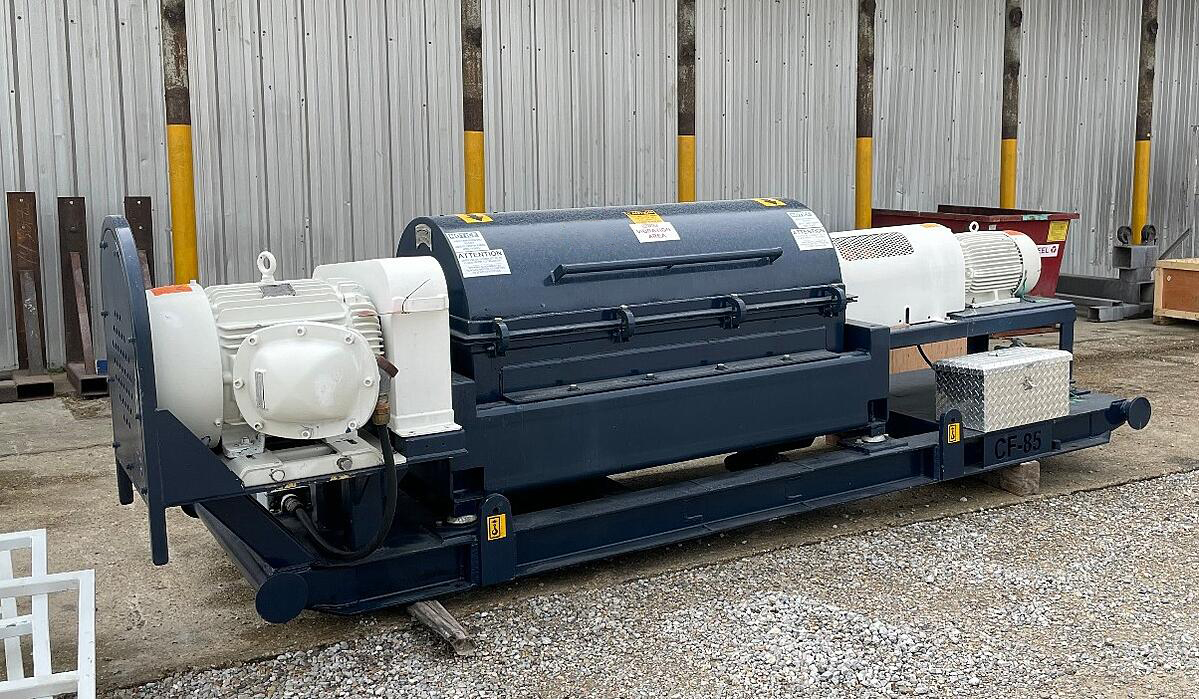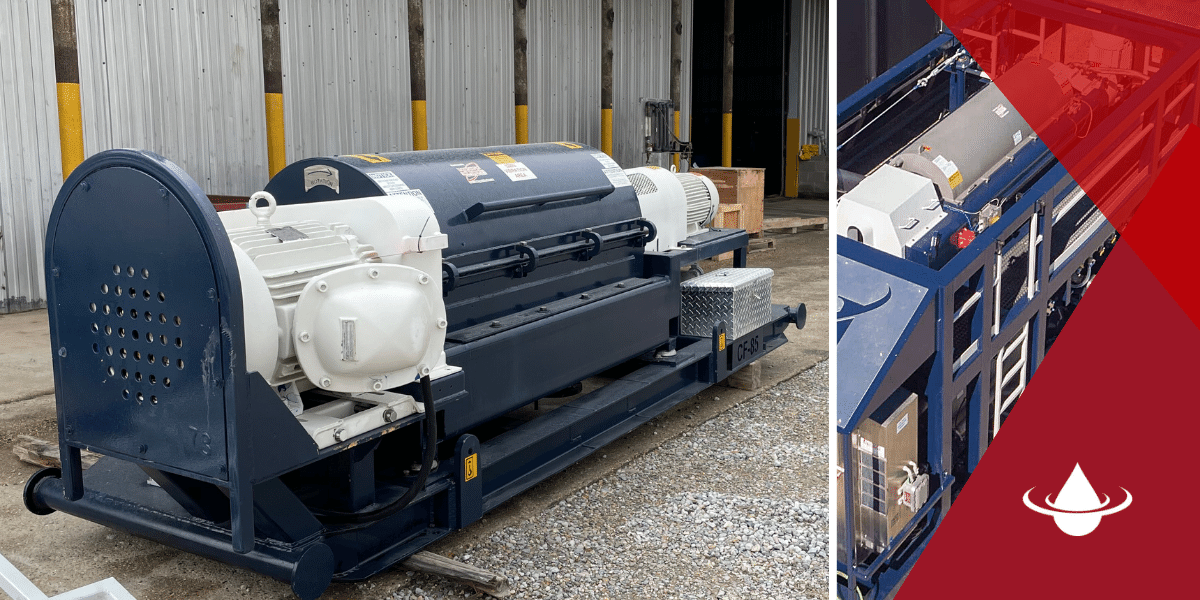Everything You Need To Know About A Decanter Centrifuge
In order to fully understand how a decanter centrifuge operates, we must first define what a centrifuge does. In many industrial jobs, solid material...
3 min read
Admin
Sep 1, 2018 12:00:00 AM

Even if you think your operation couldn't get better, there's always room for improvement. Thanks to rapidly developing technology, you have new options to implement quality control on your industrial manufacturing shop floor.
With a few tweaks to your process, you can see distinct improvements in quality while maintaining a lean manufacturing process.
How will you define quality at your facility? The answer to this question will help you establish and implement control methods on the floor. Important questions to ask yourself include how many defects you are willing to allow and which steps in the process you want to optimize oversight. Answering these questions will enable you to target your goals, which will reduce costs and time during implementation.
Additionally, you'll want to determine which steps in the process you want to improve. Many lean manufacturing plants opt for end-product evaluations. But you may want to consider improving efficiency in many areas.
Ensuring quality throughout your process requires specific training for your employees. Not just the quality control officer will need education. This helps employees watch for signs of abnormalities. Additionally, cross-trained employees can look at the entire process and help develop ideas for increasing efficiency and quality control. They'll also feel more empowered and valuable to your business, which may improve their work and reduce errors.
Though change can help improve your shop's efficiency, it can also open the door to problems. Quality control can suffer during times of change. With trained employees, your shop can have more eyes on the floor to spot problems before the issues turn into faulty products.
During the training process, train employees to accept nothing less than quality.
 Don't ignore how technology, especially cloud technology, can make your shop more efficient and better at quality control. The hallmark of quality control is data gathering. You have multiple options, depending on your operations. You may want to install real-time sensors to track products. These sensors connect to software that can alert you as soon as it detects an abnormality. This will let you stop the product before it progresses through the line or gets shipped.
Don't ignore how technology, especially cloud technology, can make your shop more efficient and better at quality control. The hallmark of quality control is data gathering. You have multiple options, depending on your operations. You may want to install real-time sensors to track products. These sensors connect to software that can alert you as soon as it detects an abnormality. This will let you stop the product before it progresses through the line or gets shipped.
Automating the process by integrating the Internet of Things, IoT, into your facility, lets the process learn when quality control problems arise and fix them without human intervention. Though an expensive process to implement, using technology or improving your employee's work efficiency and quality is worth it.
You may need to upgrade production equipment, or improve engineering methods, to enhance quality. This does not necessarily mean purchasing the newest computer-enhanced equipment. To improve your quality, you may need to replace outdated equipment that constantly breaks or produces defective products.
For example: The 3D printing industry has been growing at a fast pace. With the recent advancements in technology, it's no shocker that more and more companies are turning to this new method of fabrication.
Changing material may also require further employee training. Your workers will also need to be aware of the increased chance for errors with change.
Improving your shop's equipment can also increase your efficiency and on-time deliveries. Some businesses, such as StoneWall Engineering, take such a strict view of quality, that late deliveries were considered quality defects. More efficient equipment can help you avoid late deliveries, which detracts from your company's overall reputation for quality.
In addition to knowing how to spot quality errors, you'll need to devise a response plan. One way to do this is by creating the position of a quality control officer. A rework specialist can make the task of fixing quality errors less daunting.
Even if the quality of your products suffered from defects in your incoming inventory, a quality correction specialist can fix the problem and conduct 100% of inspections and AQL audits.
This step can serve as an extension of your shop's process. If you choose to fix the problems on your own, select an employee who will remedy the problems while finding the cause. Fixing the original cause can improve quality over time.
Our company’s continued success and rapid development are due to our ability to provide our clients with top notch specialty service and excellent value on quality centrifuges.
Contact us today if you're interested in getting your hands on some top-quality products!

In order to fully understand how a decanter centrifuge operates, we must first define what a centrifuge does. In many industrial jobs, solid material...

Today's separation and dewatering industries offer two basic dewatering technologies: belt filter presses and centrifuges. Choosing between a belt...

The main difference between decanter and tricanter centrifuges is that the tricanter centrifuge not only separates solids from liquids but also...